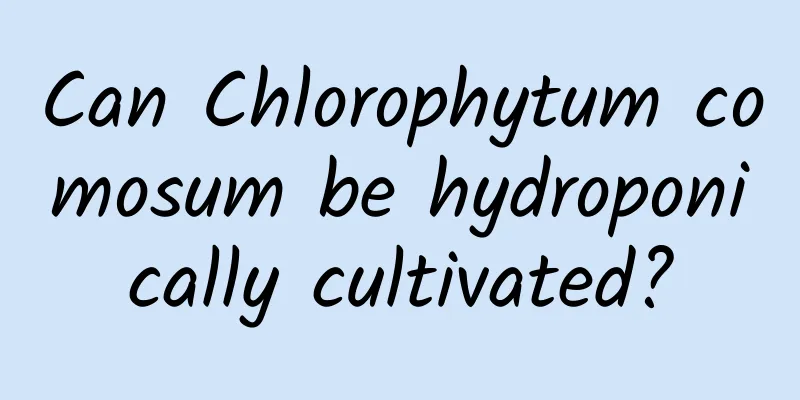The efficacy and function of thyme

The main uses and values of thymeEcological ValueThe adventitious buds of thyme can cause the plant to sprout numerous roots, thus gradually forming a very large root network, which has a good preventive and therapeutic effect on soil erosion. Thyme has a strong ability to adapt to the environment. It is not only resistant to barrenness, drought, cold and diseases and insects, but also has the characteristics of luxuriant flowering, long flowering period, rapid growth and strong fragrance. It is an excellent ground cover plant widely used in urban landscaping. Thyme also has strong stress resistance, clonal growth and wide ecological diversity. It can form dominant plant communities in many ecologically fragile areas with severe soil desertification, and it also has an ecological function in desertification control that cannot be underestimated. Medicinal valueThe medicinal value of thyme has been widely recognized since ancient times, and its medicinal records in China can even be traced back to the Northern Song Dynasty. Nowadays, thyme is mainly used as medicine to relieve pain, relieve colds and coughs, reduce headaches and toothaches, alleviate indigestion and acute gastroenteritis, and can also effectively lower high blood pressure. Edible valueThyme has a strong aromatic smell and has been regarded as a special spice vegetable and nectar plant in people's lives for a long time. It is also a natural seasoning spice with a long application time. When cooking seafood, meat, fish and other foods, using a small amount of thyme powder can remove the fishy smell and make the dishes more delicious. Adding thyme as a food spice to kimchi and pickles can add a fresh and herby flavor to the dishes. The content of carbohydrates, protein, vitamin C, selenium, iron, calcium and zinc in thyme are higher than those in ordinary vegetables. In particular, the large amount of volatile components contained in thyme also have high nutritional value. Thyme honey has a high concentration and contains rich amino acids, which are extremely beneficial to the human body. |
<<: What are the effects and functions of Dendrobium?
Recommend
What to do if magnolia root rots?
How to deal with magnolia root rot in the early s...
When to fertilize bougainvillea and what to do if you fertilize too much
1. When to apply fertilizer Fertilizing bougainvi...
What kind of soil is better for growing flowers?
Different flowers have different requirements for...
How long is the growing period of pineapple?
How long is the growing period of pineapple? The ...
Is pennyroyal poisonous?
1. Is it toxic? The catnip is non-toxic, so you c...
How to prune a miniature coconut
1. Why do you need to prune? During the growth pr...
How to prune Jade Plant?
Jade Plant is an ornamental plant with fleshy, sm...
How to raise succulent plants
1. Lighting The growth of the Master plant prefer...
Desert Rose Pruning Methods
The hot season is the peak season for the growth ...
Nandina domestica cultivation methods and precautions
Farming methods soil To grow Nandina domestica, y...
The efficacy and function of sweet potato leaves
1. Laxative Sweet potato leaves contain a large a...
When is the best time to divide the seedlings of Clivia
Time for transplanting Clivia seedlings When is t...
The difference between forget-me-not and lavender, four differences to quickly distinguish them!
1. Color The main color of forget-me-not flowers ...
The efficacy and function of kiwi fruit
Cholesterol-lowering Pectin is a substance that h...
How to divide hydroponic anthurium
Time for division of hydroponic white palm White ...









